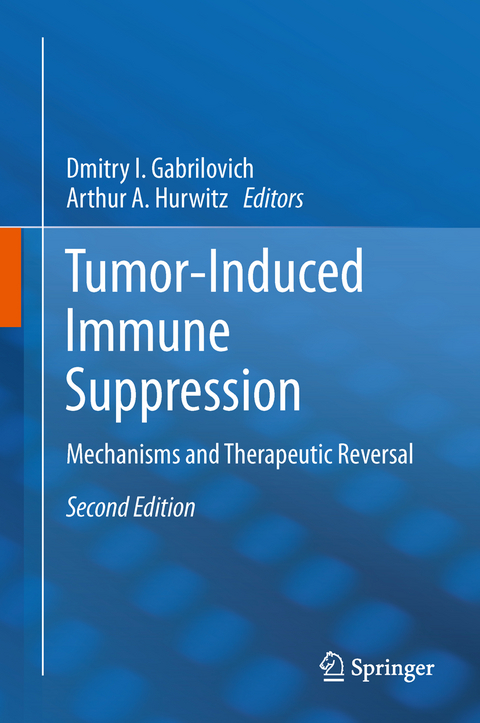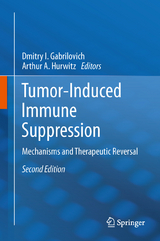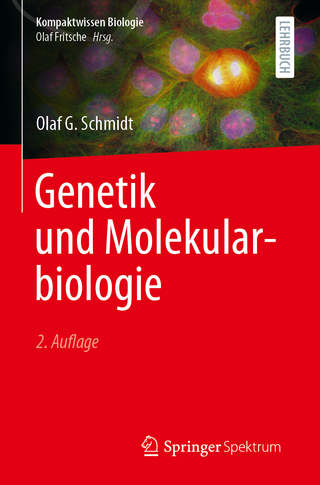Tumor-Induced Immune Suppression
Springer-Verlag New York Inc.
978-1-4899-8055-7 (ISBN)
The last decades were characterized by substantial progress in the understanding of the role of the immune system in tumor progression. Researchers have learned how to manipulate the immune system to generate tumor specific immune response, which raises high expectations for immunotherapy to provide breakthroughs in cancer treatment. It is increasingly clear that tumor-induced abnormalities in the immune system not only hampers natural tumor immune surveillance, but also limits the effect of cancer immunotherapy. Therefore, it is critically important to understand the mechanisms of tumor-induced immune suppression to make any progress in the field and this monograph provides these important insights.
Preface.- Regulatory T Cells and Cancer.- Th17 cells in cancer.- Mast cells and immune response in cancer.- Myeloid-Derived Suppressor Cells in Tumor-Induced T-Cell Suppression and Tolerance.- Immunobiology of Dendritic Cells in Cancer.- Macrophages and Tumor Development.- Angiogenesis and Immune Suppression in Cancer.- Tim-3 Regulation of Cancer Immunity.- Transcriptional Regulation of Dendritic Cells in The Tumor Microenvironment.- S100A9, Inflammation, and Regulation of Immune Suppression in Cancer.- IDO in Inflammatory Programming and Immune Suppression in Cancer.- Defining the Fate and Function of Effector T cells through Galectin-1 – Galectin-1 Ligand Binding Interactions: Implications in Tumor Immunity.- Arginine Metabolism, a Major Pathway for the Suppressive Function of Myeloid-derived Suppressor Cells.- The Hypoxia-Adenosinergic Immunosuppression and Redirection of Immune Response in Tumor Microenvironment.- Molecular Pathways in Antigen Presenting Cells Involved in the Induction of Antigen-Specific T-Cell Tolerance.- Overcoming Immune Suppression: Therapeutic Strategies Targeting T-Cell Function in Cancer.- Index.
| Erscheint lt. Verlag | 10.2.2014 |
|---|---|
| Zusatzinfo | 34 Illustrations, color; 4 Illustrations, black and white; XIV, 464 p. 38 illus., 34 illus. in color. |
| Verlagsort | New York |
| Sprache | englisch |
| Maße | 155 x 235 mm |
| Themenwelt | Medizin / Pharmazie ► Medizinische Fachgebiete ► Mikrobiologie / Infektologie / Reisemedizin |
| Medizin / Pharmazie ► Medizinische Fachgebiete ► Onkologie | |
| Studium ► 2. Studienabschnitt (Klinik) ► Humangenetik | |
| Studium ► Querschnittsbereiche ► Infektiologie / Immunologie | |
| Naturwissenschaften ► Biologie ► Genetik / Molekularbiologie | |
| Naturwissenschaften ► Biologie ► Zellbiologie | |
| Schlagworte | Immune suppression • mechanisms • therapeutic reversal • Tumor |
| ISBN-10 | 1-4899-8055-5 / 1489980555 |
| ISBN-13 | 978-1-4899-8055-7 / 9781489980557 |
| Zustand | Neuware |
| Haben Sie eine Frage zum Produkt? |
aus dem Bereich




